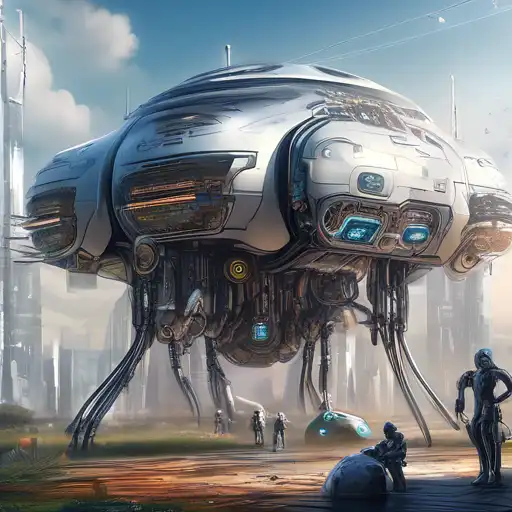Introduction to Artificial Intelligence's Evolution
Artificial Intelligence (AI) has transitioned from a futuristic concept to a cornerstone of modern technology. Today, we stand on the brink of a new era where AI's potential is being unlocked at an unprecedented pace. This article delves into the current state of AI, exploring its advancements, challenges, and what the future holds.
The Current State of AI
AI today is more than just algorithms and data; it's about creating systems that can learn, adapt, and potentially outperform human intelligence in specific tasks. From machine learning models that predict consumer behavior to neural networks that mimic the human brain, AI is reshaping industries.
Key Advancements in AI Technology
- Deep Learning: Enabling machines to process and interpret complex data like images and speech.
- Natural Language Processing (NLP): Allowing computers to understand and respond to human language.
- Autonomous Systems: From self-driving cars to drones, AI is making autonomous technology a reality.
Challenges Facing AI Development
Despite its progress, AI faces significant hurdles. Ethical concerns, data privacy issues, and the risk of job displacement are just a few of the challenges that need addressing. Ensuring AI develops in a way that benefits all of humanity is paramount.
The Future of AI: What to Expect
The future of AI is bright, with potential breakthroughs in quantum computing, AI ethics, and more personalized AI assistants. The integration of AI into everyday life will continue to grow, making it an indispensable part of our future.
Conclusion
As we explore the future of artificial intelligence today, it's clear that AI will continue to evolve and impact every aspect of our lives. By understanding its current trajectory, we can better prepare for a future where AI and humanity coexist harmoniously.
